Your cart is currently empty!
Tag: Natural Fertilizers
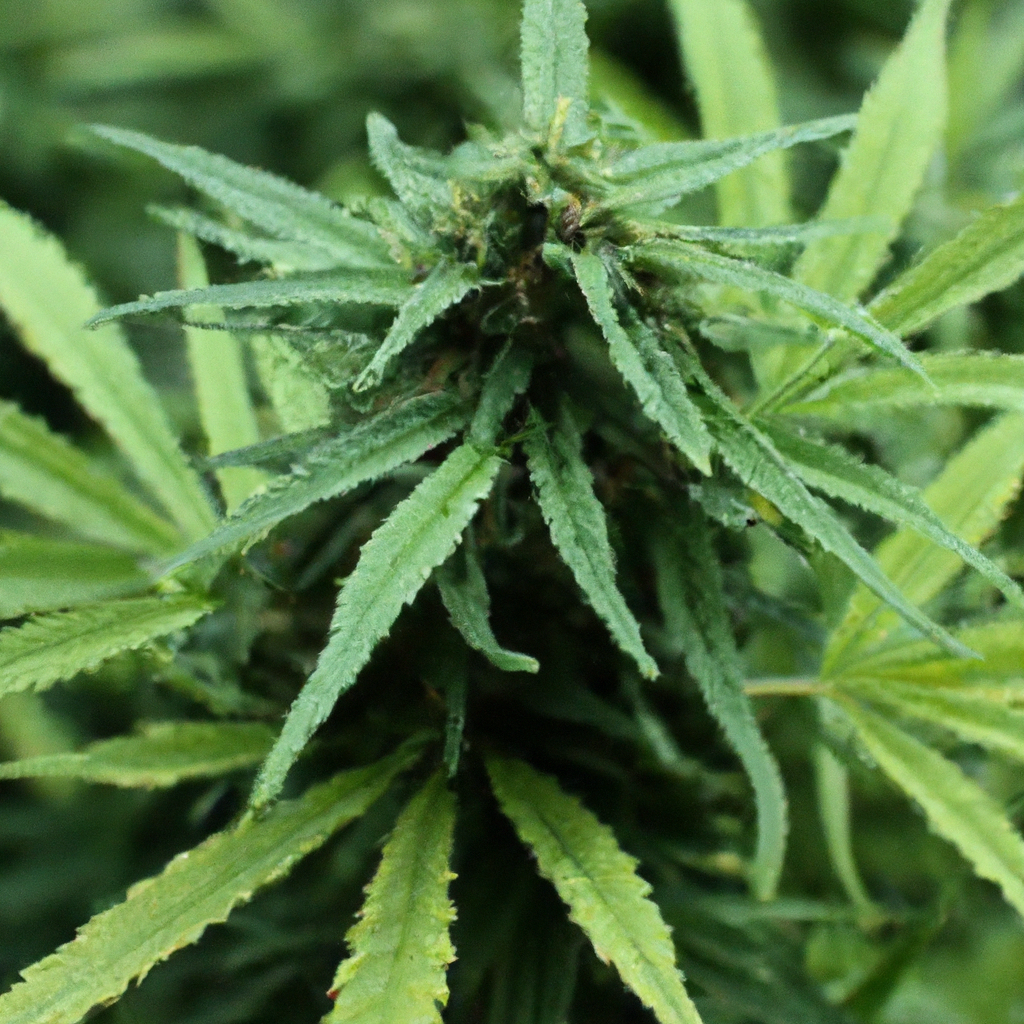
In an age where sustainability is key, organic cannabis cultivation offers an eco-friendly approach by using natural ingredients and techniques instead of synthetic chemicals. This method promotes healthier products and environmental support. Essential practices include building a thriving soil ecosystem with compost and companion planting, using natural fertilizers like worm castings and compost teas, and…
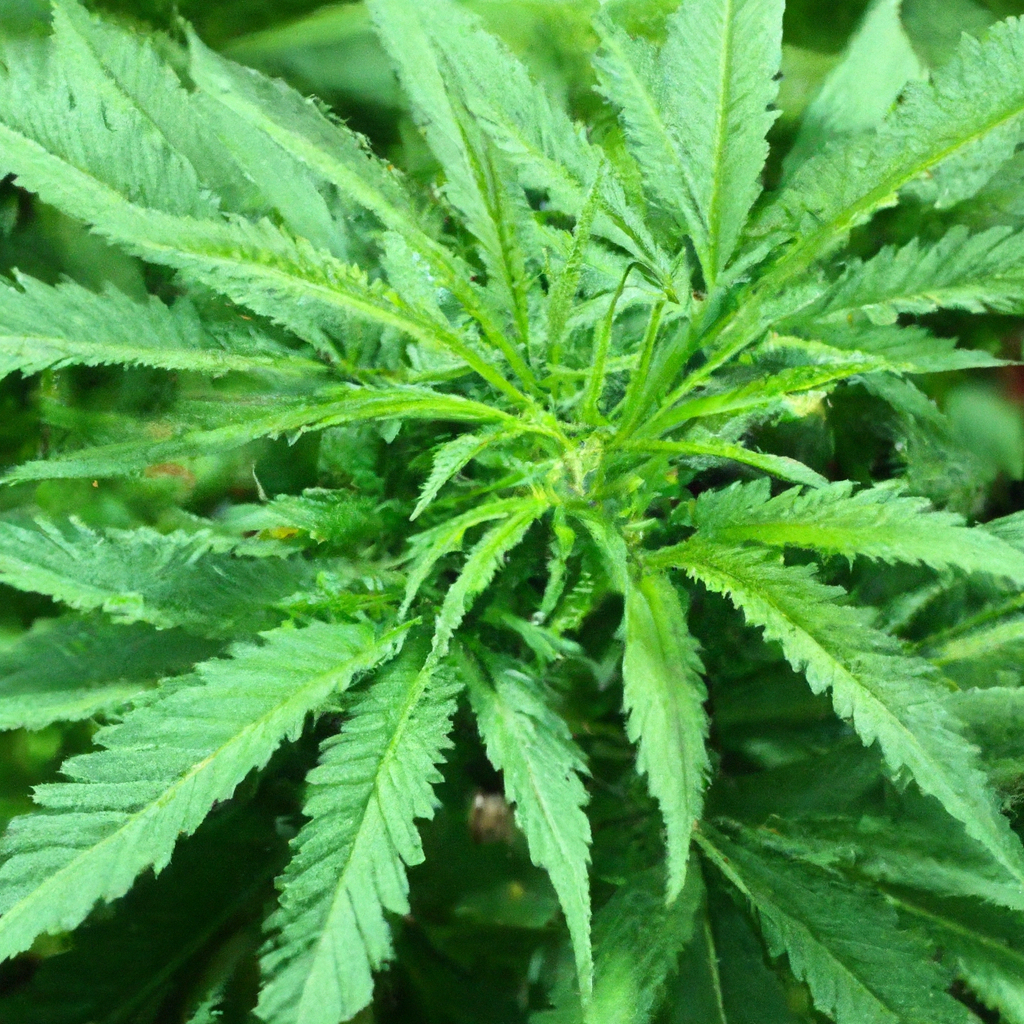
Organic cannabis cultivation emphasizes sustainability and health by using natural techniques to minimize environmental impact and appeal to eco-conscious consumers. This guide outlines natural practices such as composting, cover crops, and soil amendments to create a healthy soil ecosystem, along with natural fertilizers like fish emulsion and bone meal. It also covers eco-friendly pest control…
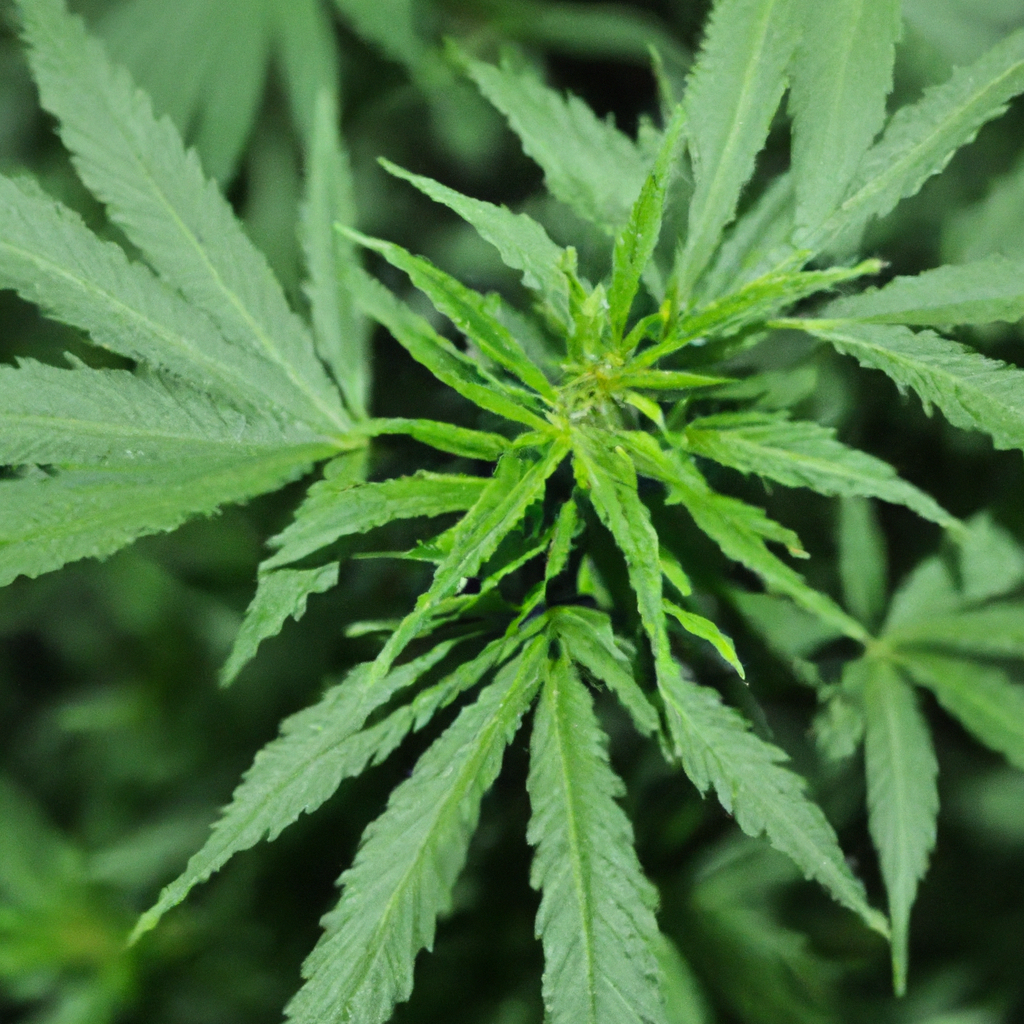
The cannabis industry is increasingly adopting organic growing practices, which benefit the environment and result in healthier, more flavorful products. This guide outlines key practices for organic cultivation, emphasizing healthy soil ecosystems, natural fertilizers, and sustainable pest control. Key methods include using compost, incorporating animal and plant-based fertilizers, and employing natural pest management like beneficial…
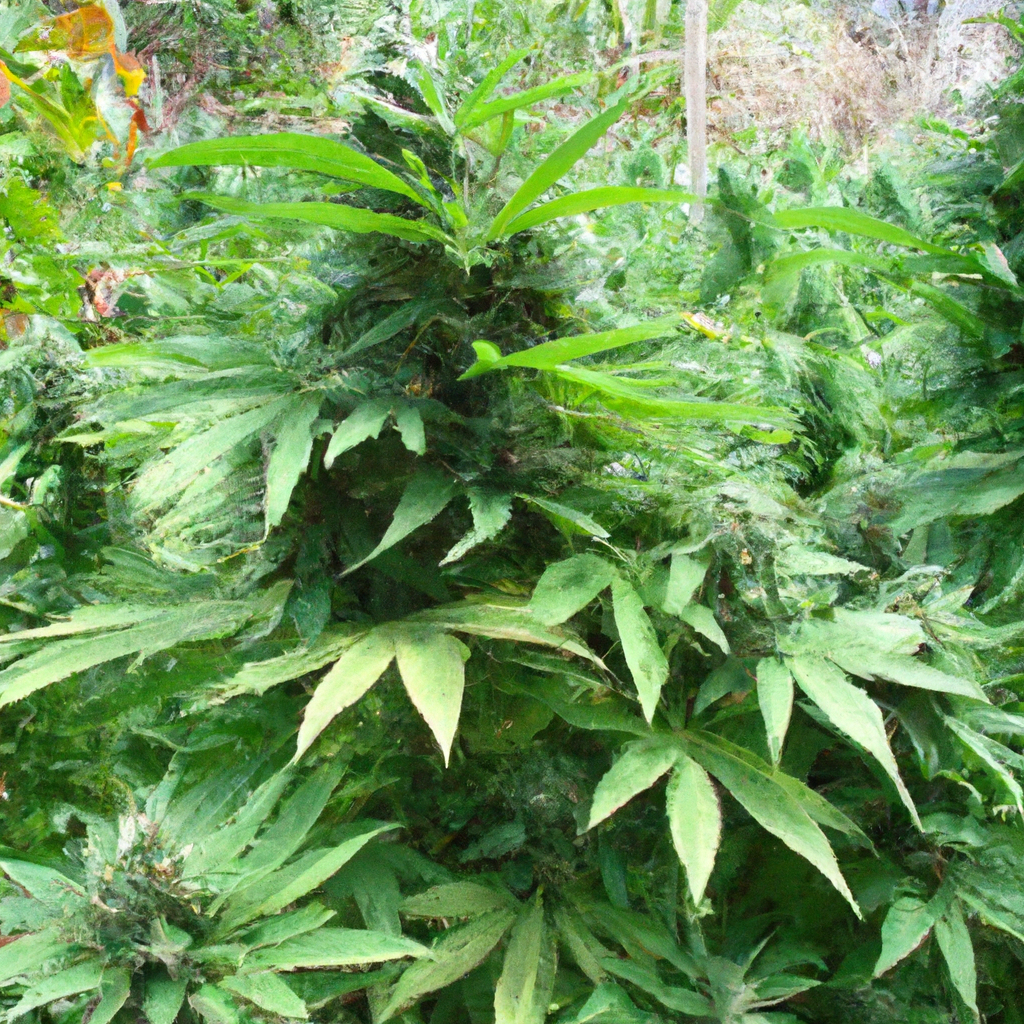
In the cannabis cultivation community, organic growing has become a key focus for enhancing sustainability and produce quality. This approach centers on building vibrant soil ecosystems through composting, cover crops, and mulching, and replacing synthetic fertilizers with natural alternatives like fish emulsion and bone meal. Pest control relies on beneficial insects, neem oil, and companion…
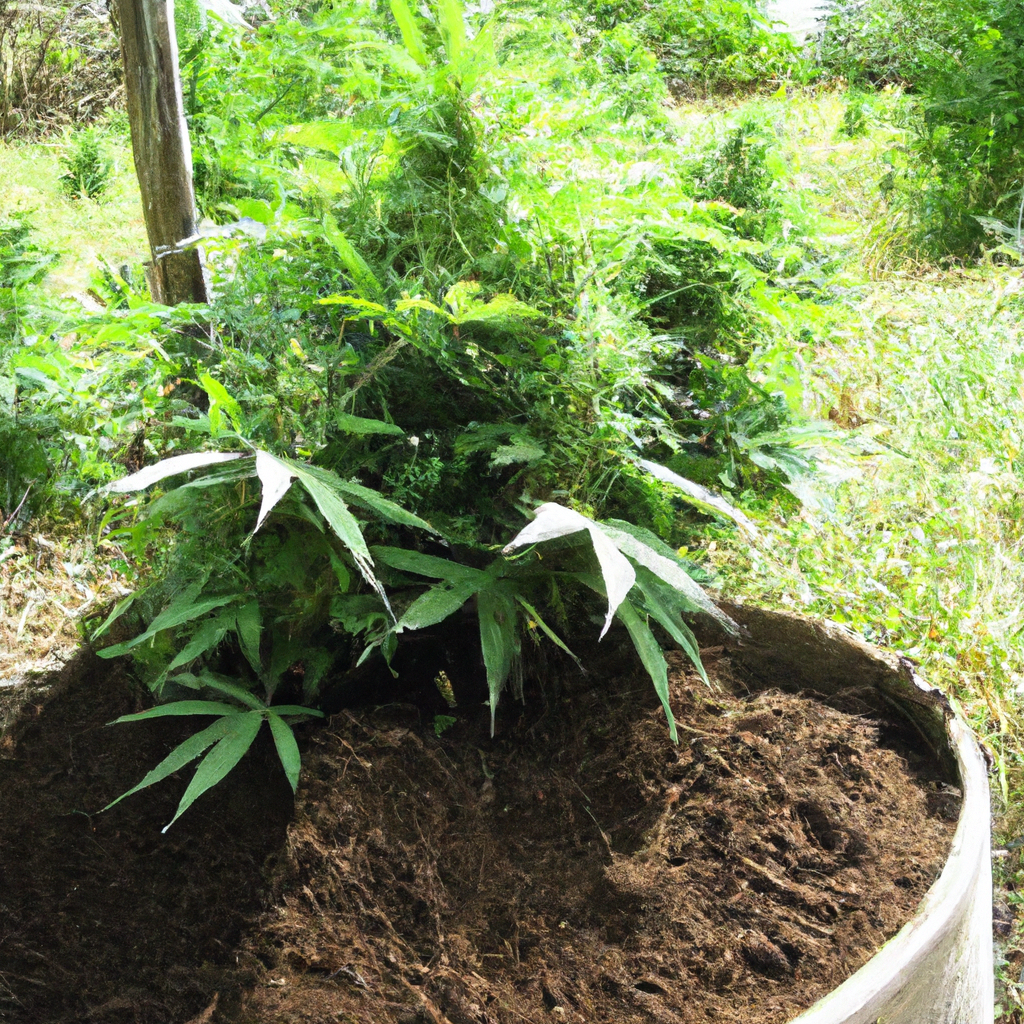
Cannabis cultivation is shifting towards organic methods, emphasizing sustainability and environmental health. By using natural fertilizers, composting, and eco-friendly pest control, growers enhance plant vitality without synthetic chemicals. Key practices include building nutrient-rich soil through composting and manure, employing companion planting and biological pest control, and maintaining soil health via rotation and mulching. This approach…
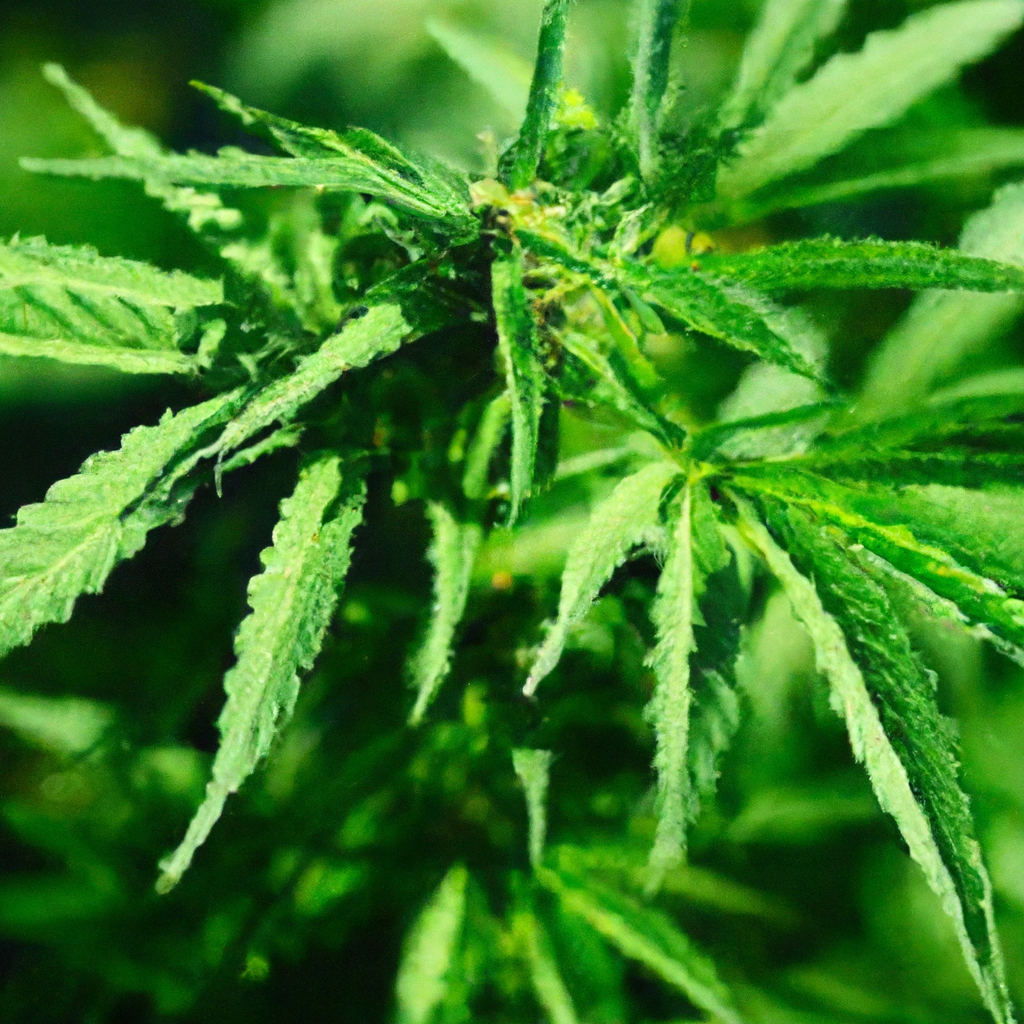
As the cannabis industry expands, so does the need for eco-friendly cultivation. Organic cannabis cultivation benefits ecosystems, growers, and consumers by using sustainable methods like natural fertilizers, composting, and pest management. Healthy soil is crucial, nurtured with compost and fertilizers such as fish emulsion and kelp. Integrated Pest Management (IPM) promotes plant health using beneficial…
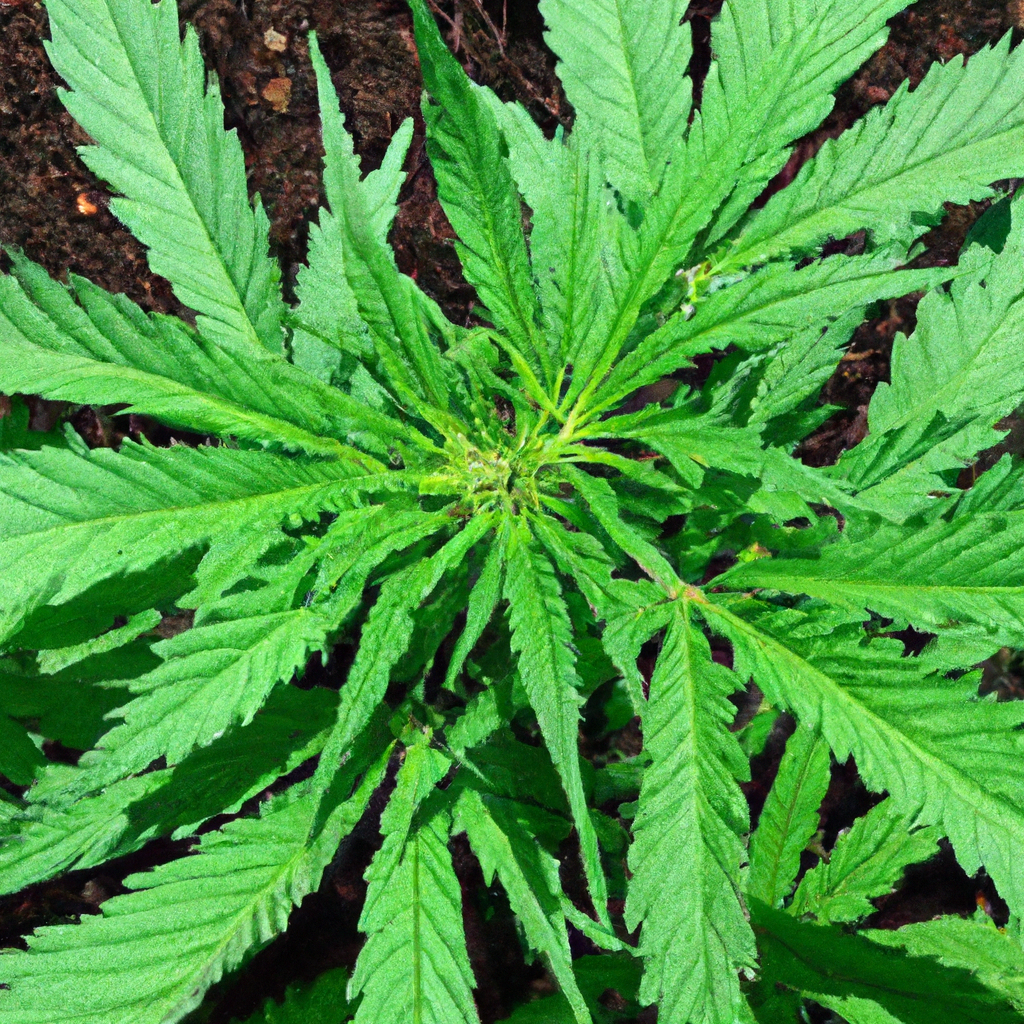
This blog post explores the growing trend of organic cannabis cultivation, highlighting the numerous benefits of organic fertilizers. These fertilizers improve soil health, reduce environmental impact, and enhance the flavor and potency of cannabis without relying on synthetic chemicals. Key practices for building a healthy soil ecosystem include composting, adding organic matter, and using mulch.…
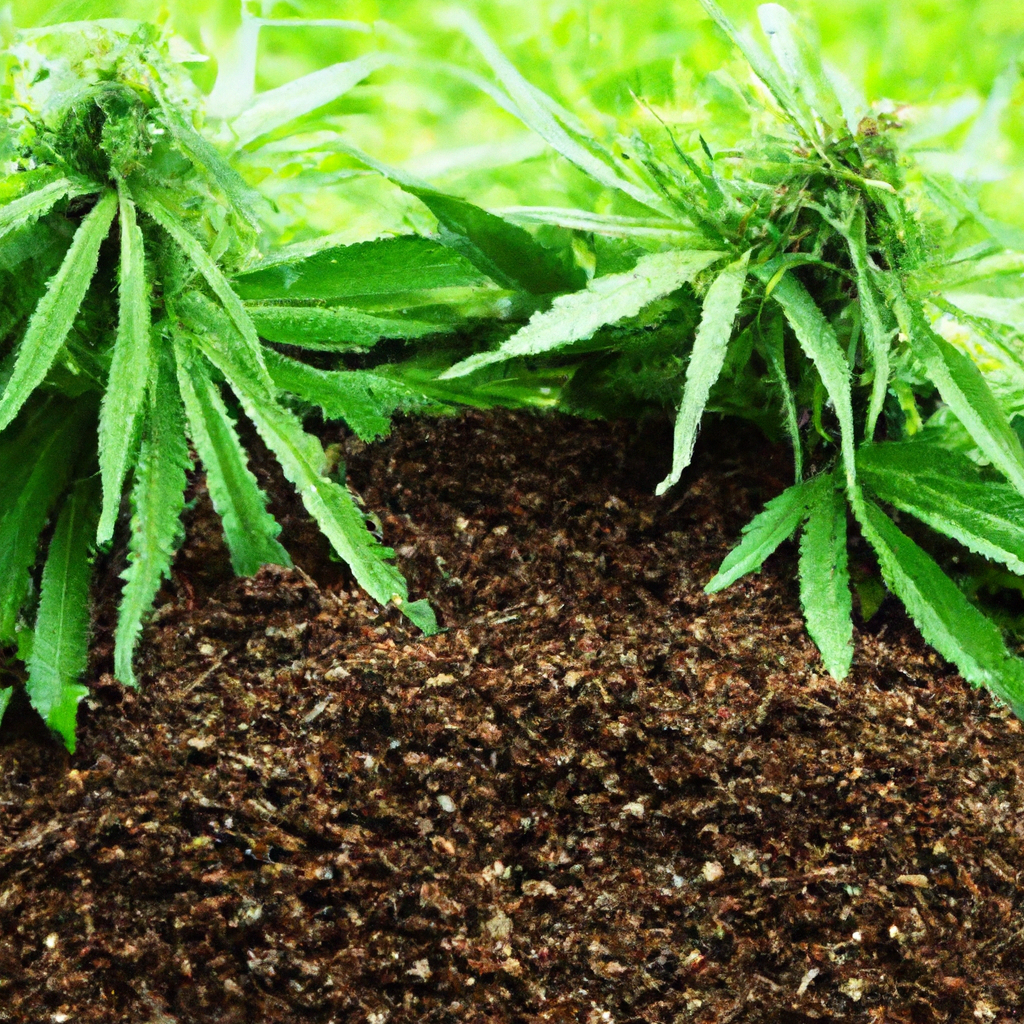
Organic cannabis cultivation is gaining traction as growers turn to sustainable practices that prioritize eco-friendliness. By leveraging natural fertilizers, compost, and organic pest control, cultivators can achieve high-quality yields sans synthetic chemicals. Core practices include building healthy soil ecosystems with compost, cover crops, and mulch, and employing natural fertilizers like worm castings and fish emulsion.…
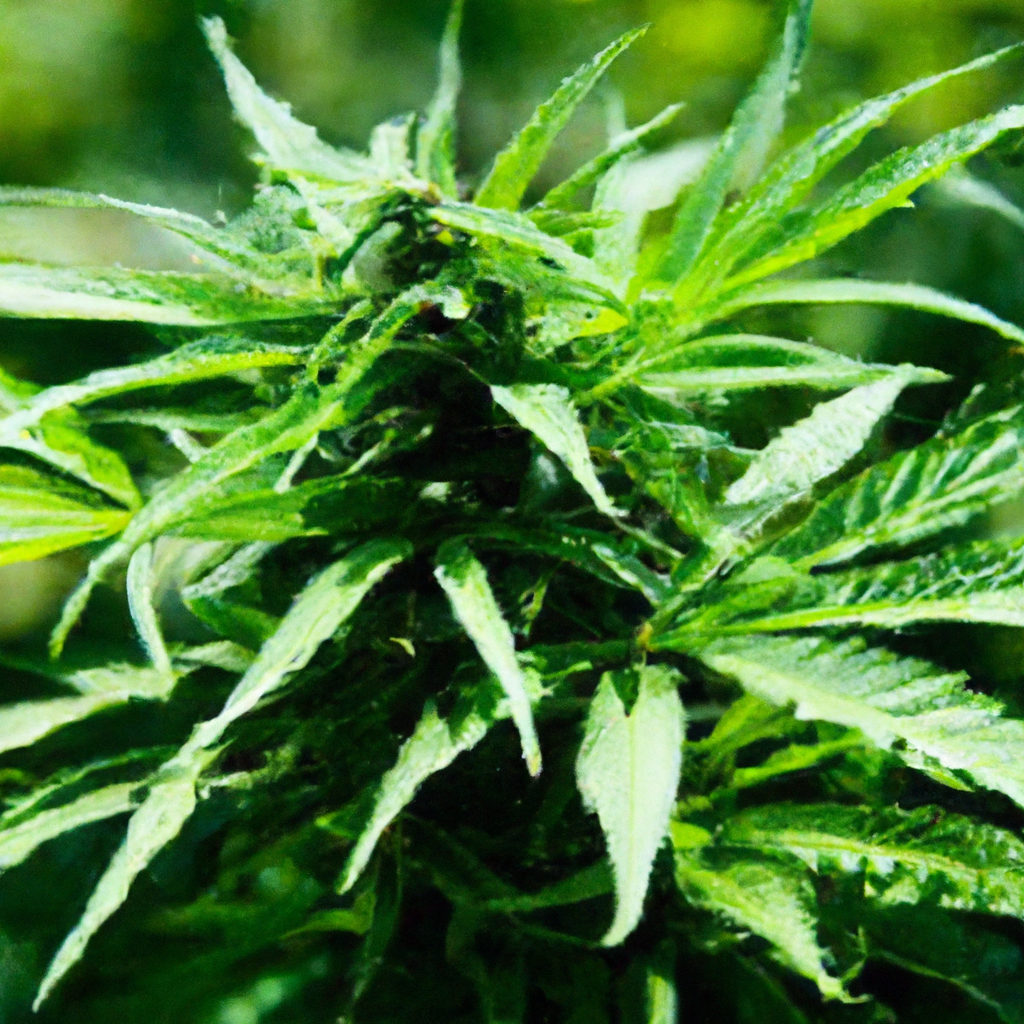
The rise of organic cannabis cultivation is part of a broader shift towards sustainable agriculture, emphasizing eco-friendly practices that enhance yield without harming the environment. This piece delves into the core aspects of organic cannabis farming, focusing on soil health, natural fertilizers, and eco-conscious pest control. By enriching soil with compost, using cover crops, and…
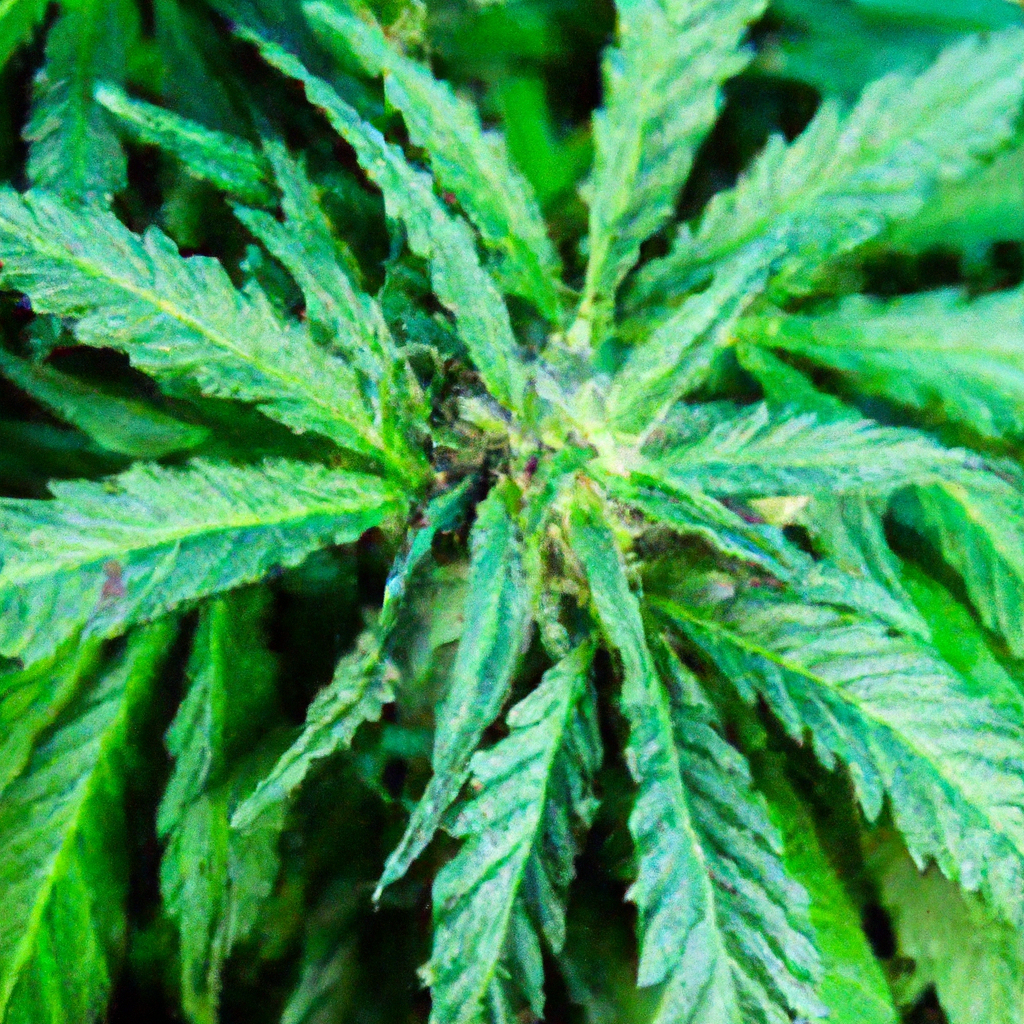
Organic cannabis cultivation offers a sustainable and environmentally friendly approach by avoiding synthetic chemicals and focusing on nature-based methods. This guide highlights key practices, such as using living soil rich in microorganisms, natural pest control with beneficial insects and companion planting, and sustainable practices like efficient water management and energy use. Embracing organic methods leads…
